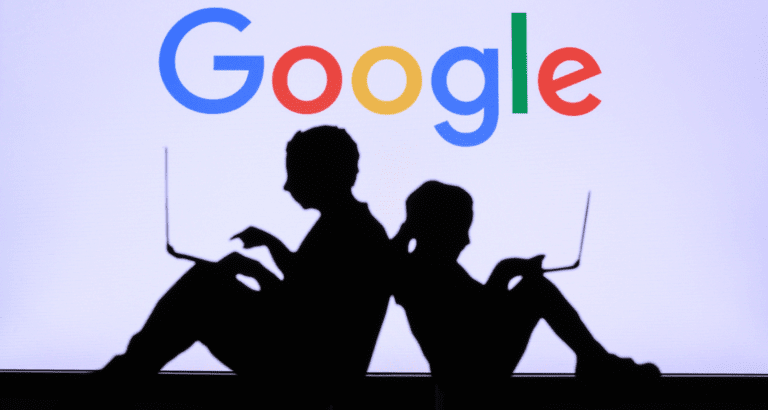According to an EU document obtained by Reuters, Google, Facebook, Twitter, and other tech giants will have to combat deepfakes and fake accounts or face heavy fines under a revised European Union code of practice.
As part of its war on false news, the European Commission will release a revised code of conduct on misinformation on Thursday. The original code of conduct was released in 2018. Large tech organizations were invited to sign the document, and thereby vow to combat misinformation on their platforms.
Between 2018 and 2020, several organizations provided a signature, including Facebook, Google, Twitter, TikTok and Mozilla. Now, the code of conduct becomes law. The revised guideline outlines examples of deceptive behaviour that signatories must address, including deepfakes and fake accounts. Watchdogs will review whether signatories adhere to the rules. Violators face fines of up to 6 percent of their global revenue.
TTP-driven approach
The code says that signatories will create, enforce, and execute explicit policies against unacceptable manipulative behaviours and practices on their platforms, based on the most recent evidence on hostile actors’ conduct, tactics, techniques, and procedures (TTPs).
Deepfakes are photorealistic forgeries made by computer processes that have sparked outrage worldwide, primarily when employed in a political situation. The code will also be tied to stringent new EU regulations known as the Digital Services Act (DSA), which includes a section on countering misinformation and was agreed upon by the European Union’s 27 member states earlier this year.
Six-month implementation period
According to DSA guidelines, companies that fail to meet their commitments under the code can face fines of up to 6 percent of their global revenue. They have six months to implement their plans after providing their signature. Some of the law’s revisions aim to combat misinformation surrounding Russia’s invasion of Ukraine.
